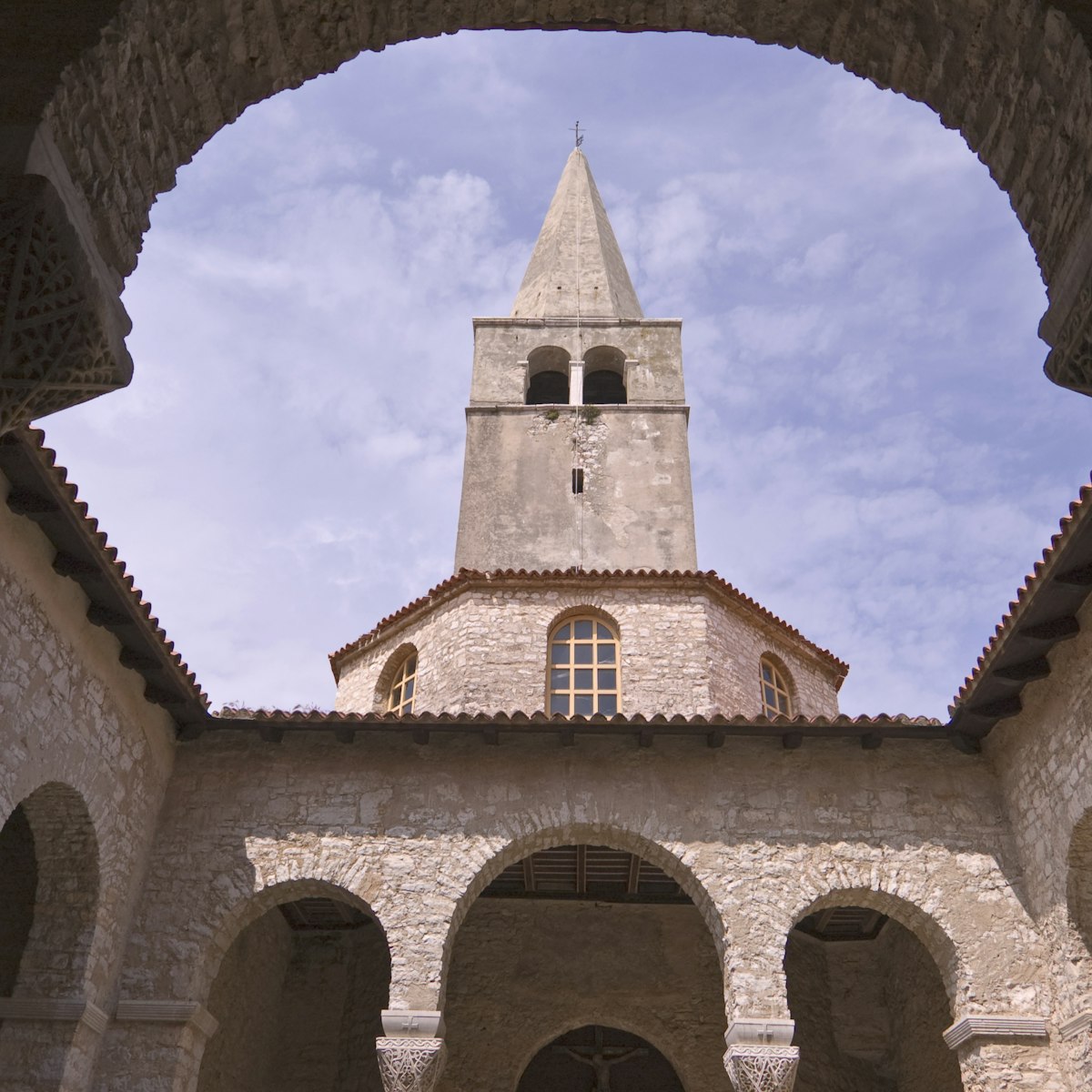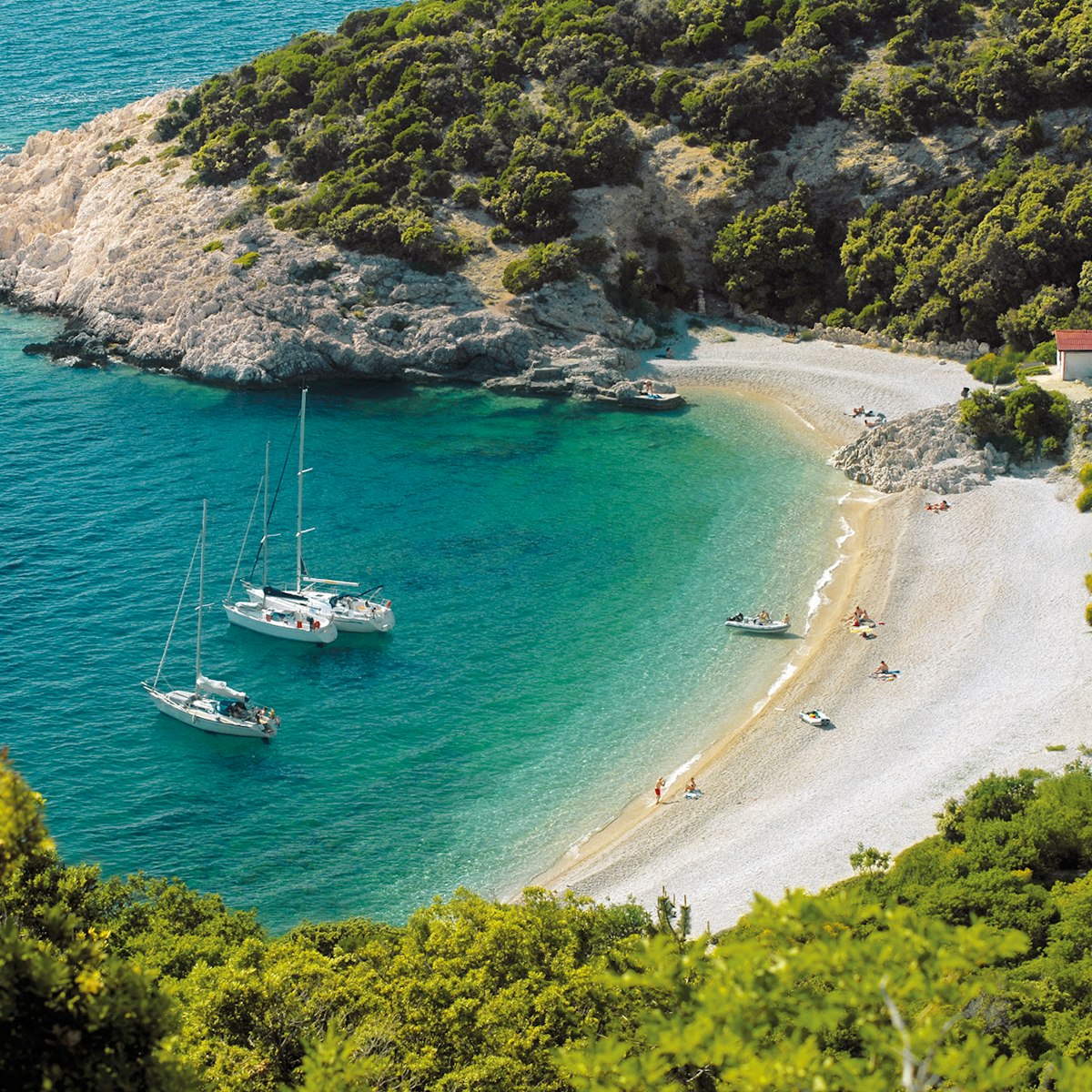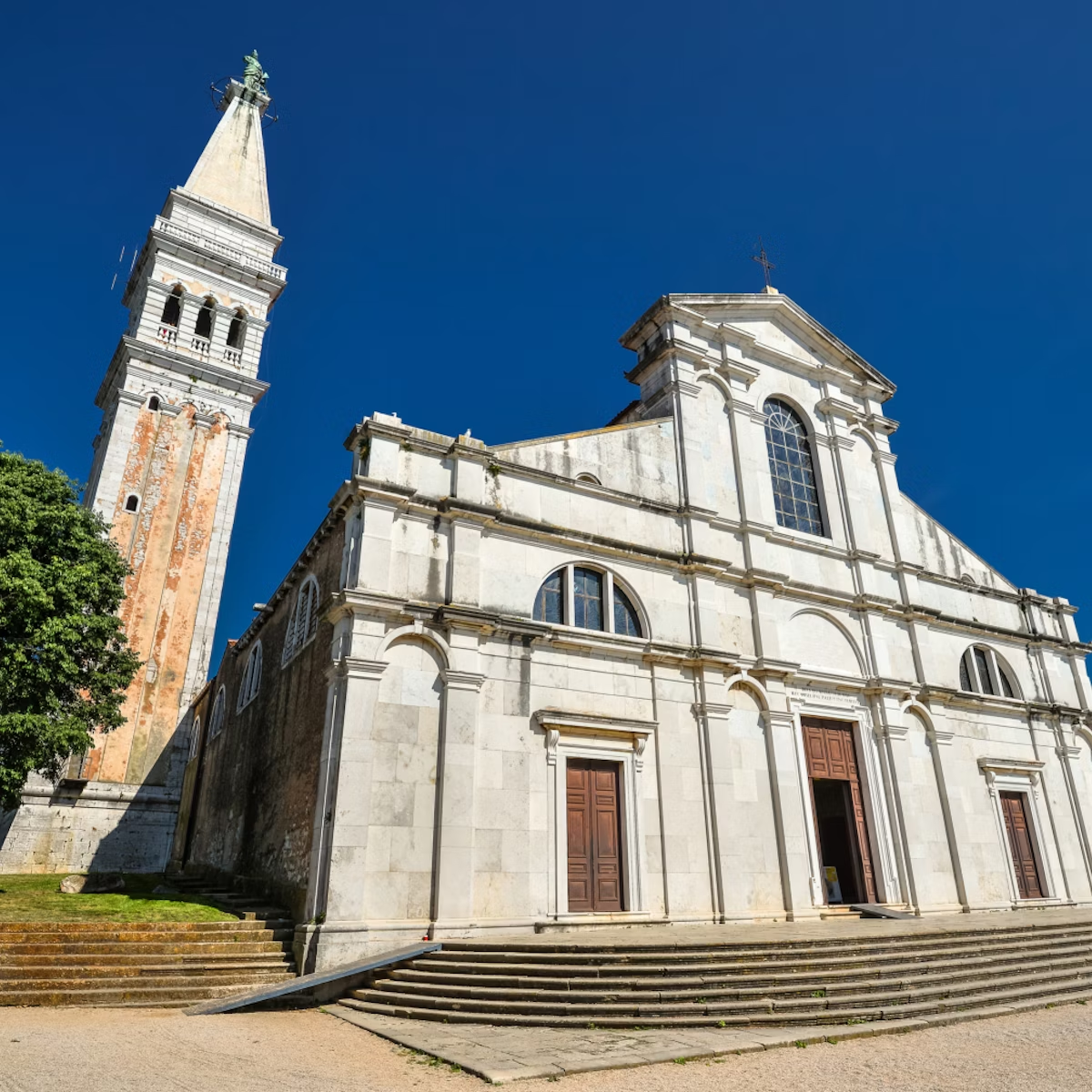Pula’s most famous and imposing sight is this 1st-century oval amphitheatre, overlooking the harbour northeast of the old town. It's a huge and truly magnificent structure, slotted together entirely from local limestone and known locally as the Arena. Designed to host gladiatorial contests and seating up to 20,000 spectators, it still serves the mass-entertainment needs of the local populace in the shape of concerts and film-festival screenings.
At 133m long, 105m wide and 32m high, Pula's amphitheatre is the sixth largest of its kind. On the top of the walls is a gutter that collected rainwater, and you can still see the slabs used to secure the fabric canopy, which protected spectators from the sun. You can get a decent view of the Arena from just walking around the outside, but the entrance fee enables you to clamber around the stones and visit the underground chambers. Once used to house the wild beasts and to drag away dead gladiators, they now contain rather more genteel displays of amphorae and equipment used in the production of olive oil.
In summer, check out the Spectacvla Antiqva (adult/child 80/40KN), an evening event held at least once a week, featuring gladiator fights and Roman-style clothing, hairstyles, food and drinks.








